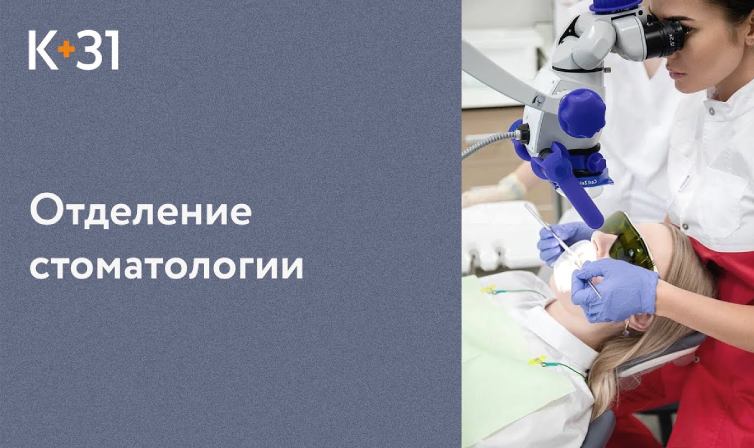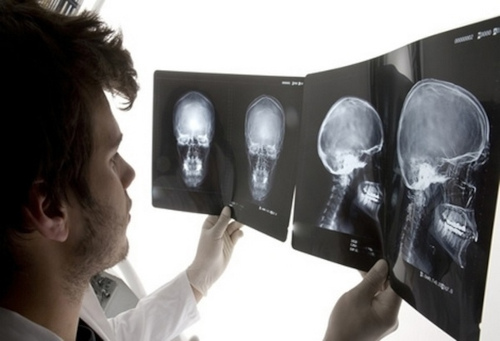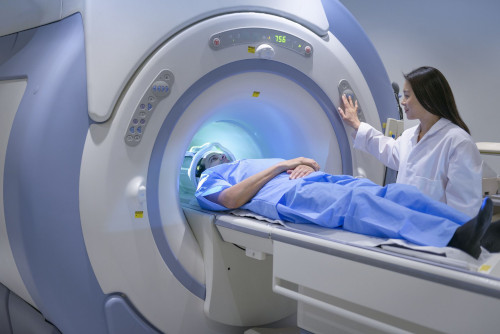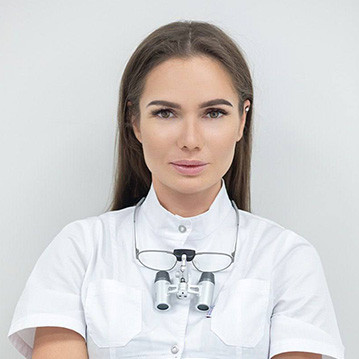MRI TMJ

specialists

equipment

treatment

When is an MRI of the temporomandibular joints required?
- Inflammatory processes - in particular, arthritis, causing pain, swelling and redness in the joint area
- Degenerative-dystrophic changes. These include arthrosis (in particular, deforming osteoarthritis, characterized by gradual wear of the articular surfaces)
- Ankylosis. The disease is a fusion of the bones of the joint
- Joint dysfunction. The study is relevant if there are problems with opening the mouth, which is accompanied by clicking and spasms of the masticatory muscles
- Injuries. This category should include sprains, bruises or other injuries caused by external influences
- Neoplasms. The study is carried out if the presence of benign or malignant tumors is suspected
When research is prohibited

MRI is not recommended if the patient has medical devices (pacemakers, neurostimulators, cochlear implants and defibrillators) in the patient's body. This is due to the fact that the magnetic field of the device can affect their functioning.
In addition, the study is not prescribed in the first trimester of pregnancy. This is because exposure to magnetic fields can be potentially harmful to fetal development.
MRI of the jaw joint with contrast

MRI of the temporomandibular joint with contrast significantly improves image quality. This ensures a more accurate diagnosis. In particular, this method allows you to detect small tumors and subtle inflammatory processes.
It involves the injection of a gadolinium-based contrast agent into a vein. The contrast travels through the bloodstream, enhancing signals from different tissues and making them easier to visualize.

Modern methods of diagnostics and dental treatment at "K+31"
Our doctors

This award is given to clinics with the highest ratings according to user ratings, a large number of requests from this site, and in the absence of critical violations.

This award is given to clinics with the highest ratings according to user ratings. It means that the place is known, loved, and definitely worth visiting.

The ProDoctors portal collected 500 thousand reviews, compiled a rating of doctors based on them and awarded the best. We are proud that our doctors are among those awarded.
Make an appointment at a convenient time on the nearest date
Price
Other Services

















































What does MRI of the maxillofacial joint show?
MRI of the temporomandibular joint provides detailed images of cartilage, meniscus, ligaments, tendons and muscles.
Using this technology, a specialist detects various pathological changes, including inflammatory processes and neoplasms.